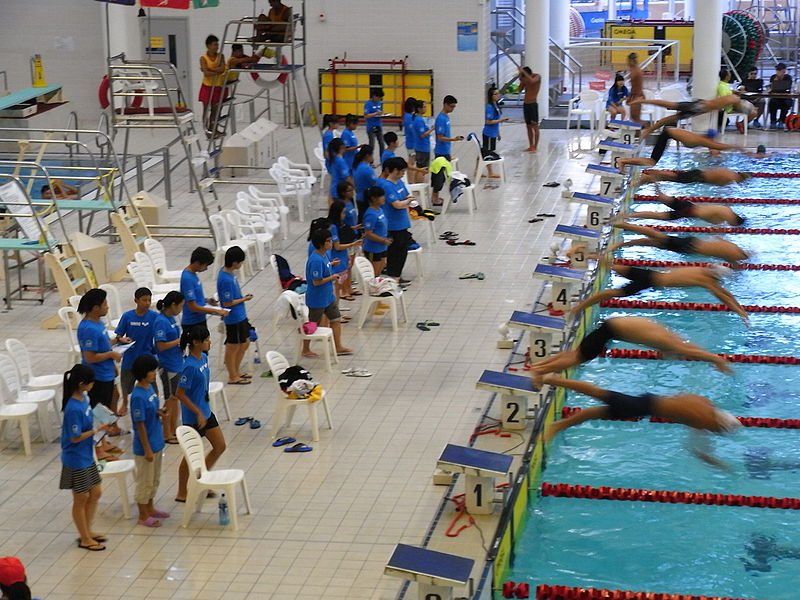Lifesaving: the fastest sport you’ve never heard of
You would be fairly confident in assuming that competitors in the sport of Lifesaving are all lifeguards. You would also be wrong.
The sport was originally created to test lifeguards’ physical fitness, but over the years it has developed into a swimming discipline that tests a competitor’s fitness and rescue skills. The sport’s numerous speed events can take place on the beach or in a pool, calling on the athlete to use fins, a rescue tube, tow a manikin or even swim under gates. Such variety demands both technical skill and physical fitness from participants. The diversity of events makes it a great spectator sport, especially as all of the events are sprint races.
The diversity of events makes it a great spectator sport, especially as all of the events are sprint races.
Last month, Rescue 2016, the world championships of lifesaving, took place in the Netherlands. The competition is held every two years in a different host country and this year the beach events were held in Noordwijk and the pool events in Eindhoven. Athletes competed in the Youth, Open and Masters categories in both the National and Interclub Championships. The first few weeks were dedicated solely to the national events, where Great Britain placed a creditable 9th in the Open and 7th in the Youth team competitions.
Warwick’s interest was in the Interclub competition. This section allows anyone who meets the qualifying times to represent their club in a bid to find the best team in the world. Impressively, three members of Warwick University Lifesaving qualified for the Open category: Rebecca Ewers and alumnus Daniel Leggott represented the university and Mike Ducker opted to represent his home club of Beacon LSC.
The three athletes participated in pool events only – Warwick’s distance from the sea means that they had never had the opportunity to practice the beach events. Ducker had a particularly successful week at the Interclub Championships, managing a personal best time in both the 200m obstacles race and the 100m manikin tow with fins. Both Leggott and Ewers equalled times they had swum earlier in the year at the national championships.
Warwick’s distance from the sea means that they had never had the opportunity to practice the beach events.
Students from Birmingham and Loughborough also competed at the event, with the Birmingham women reaching an impressive fifth place finish in the Simulated Emergency Response discipline; an event that sees a team of four thrown in to an unknown situation and having to use their rescue and first aid knowledge to treat all of the ‘victims’ as best they can.
Lifesaving is an exciting and dynamic sport and Warwick’s club is very active, both on campus and in competing against other universities throughout the year. If this article has piqued your interest in the sport, why not turn up to a session and give it a go?

Comments